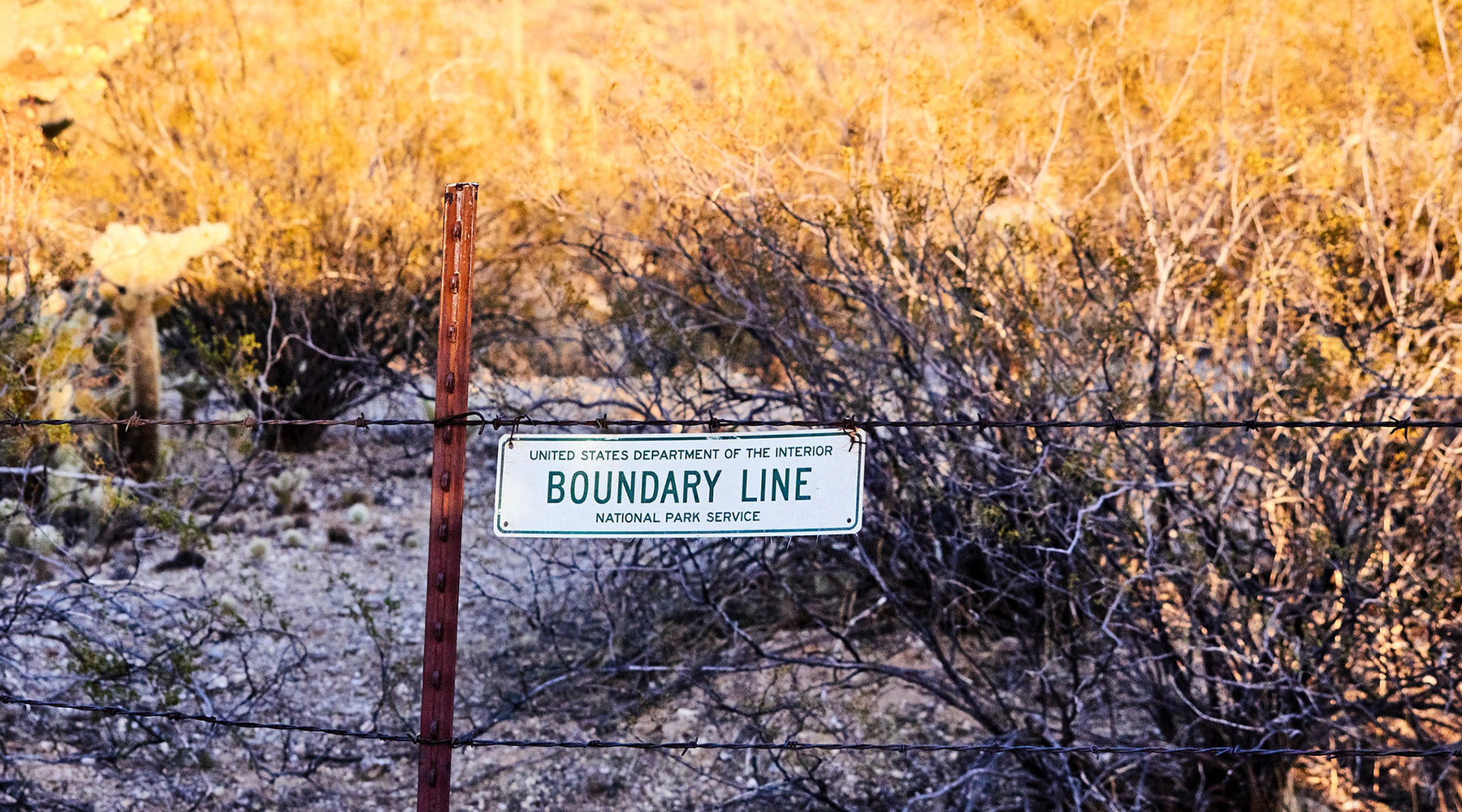What are Boundaries and why is it Important to Have Them?

Whether we choose to voice them or not, we all have boundaries and they can look different for each individual person. Personal boundaries are a set of limits, rules or guidelines that we create for ourselves in order to feel respected, safe and cared for.
Setting boundaries often starts with saying “no”
Examples
“I know you’ve had a long day at work, but do you fancy heading out this evening?”
No.
“Not drinking tonight? Don’t be daft, let me buy you a pint.”
No.
“Since we’re in a relationship now, can you tell me your phone’s password?”
No.
“No” is one of the first few words we learn to say as children, but the one word we often have the most trouble using as we get older. This is because setting boundaries for ourselves can sometimes feel awkward and uncomfortable, but if we are to establish healthy relationships built on mutual respect and understanding, voicing them is important.
Having our boundaries listened to provides an invaluable sense of security and trust within our relationships. And that’s not the only reason why setting boundaries are important…
1. It’s good for our mental health
One of the benefits of setting personal boundaries is the positive effect it has on our mental health. Not having our needs met, or our boundaries pushed, can cause stress which can sometimes manifest and become a trigger for deeper issues such as anxiety and depression.
When our boundaries are violated, it can make us feel as if we are losing control in a situation. It is why knowing and affirming our personal boundaries is key to gaining that control back.
2. It allows us to think about our needs
Looking after our needs is a major part of self-care. But what if you don’t quite know what all of them are? Thinking about our needs allows us to deeply reflect and learn about ourselves. We’re the only ones who can demonstrate to others how we wish to be treated, so identifying our personal boundaries is a vital first step.
Sit down with yourself or talk with a therapist to discuss ways to identify and assess your boundaries – and the best ways to assert them.
3. It improves communication and creates less conflict
As social beings, it is human nature to want to be reciprocal, but this is not always realistic. Being able to voice your personal boundaries naturally improves communication, and, as a result, leaves less room for misunderstandings and conflict.
If you are someone who finds it difficult to set boundaries, you are not alone. Setting boundaries and understanding your personal needs and limitations is a skill, but one you can practice and work on with the right resources.
Take time and be patient with yourself. If something doesn’t feel right, this is a strong indicator that your boundaries are being pushed. Whether you’re at school, work or in a social setting, having boundaries and implementing them can be incredibly beneficial to your mental and physical wellbeing.
